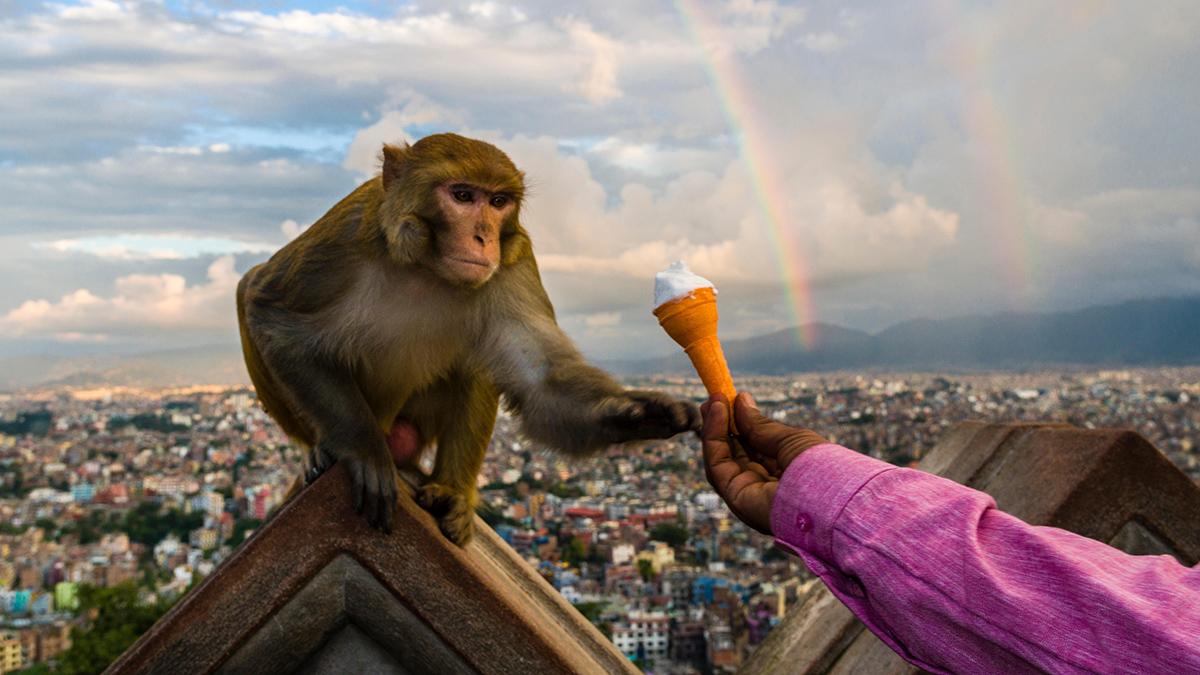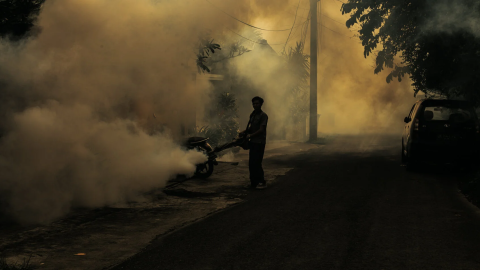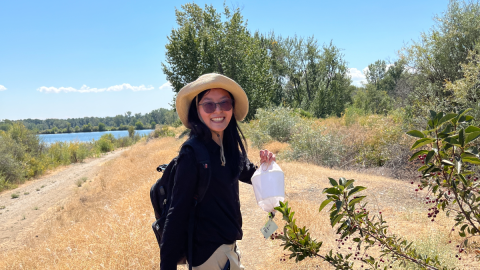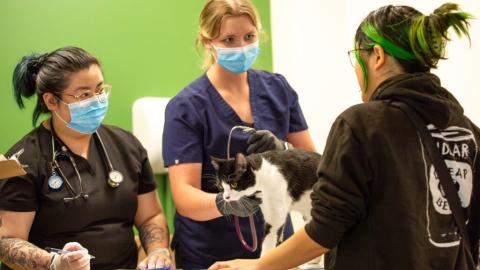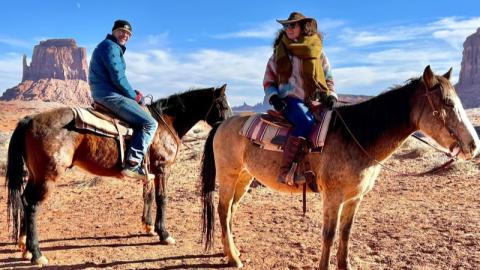A UW research study looking at interactions between humans and monkeys in Nepal is focusing new attention on how potentially deadly strains of MRSA infection can be transmitted between them.
The research highlights the health risks that can arise when humans and animals of all kinds—wild and domestic—come into close contact with each other.
“Animals are getting contaminated by living around people,” said Marilyn Roberts, professor in the Department of Environmental & Occupational Health Sciences, who leads the research.
“When wild or domestic animals are living in a humanized environment, they are more likely to carry human isolates for diseases.”

MRSA in the wild
MRSA— Methicillin-resistant Staphylococcus aureus—is known primarily as a hospital- or community-acquired infection in the United States. This bacterial infection can be difficult to treat because it is resistant to first-line antibiotics.
Wild animals also harbor and are potential reservoirs for MRSA. A 2018 study in Nepal led by Roberts and published in the FEMS Journal of Microbiology Ecology was the first to isolate a human strain of MRSA in primates as well as domestic livestock.
That finding was a surprise for Roberts, also a research scientist at the UW’s Washington National Primate Research Center, who expected to find that wild primates carried animal strains of the bacteria.
“More animals carrying human strains of MRSA increases the chances for human infection,” she said.
How infections spread
In Nepal, monkeys are often found at temple sites and even in people’s homes eating garbage or food hand-outs.
“It’s sort of like ducks along the lakefront here in Seattle. When you walk there, the ducks think they’re going to get fed. Similar to this, the monkeys at these sites equate people with food,” Roberts said.
There have been few studies on MRSA infections in Nepal and other low- and middle-income countries, places where people are more likely to have contact with wild animals.
Roberts recently won a Fulbright Global Scholar award she will use to expand her primate research in Nepal and Thailand through collaborations with international partners.
A One Health perspective
The research may lead to a better understanding of the dominant MRSA strains among animal populations that could help prevent and control human MRSA infections.
Roberts also thinks there’s a more immediate public health message.
“We want people to realize that even with your pets, you need to be careful because you can pass diseases back and forth,” Roberts said. “People should never feed human food to animals—domestic or wild—because it increases the likelihood that those animals will carry human diseases.”
By educating people about the health consequences of human-animal interactions, “the healthier we will be, and the healthier our pets and environments will be.”
Collaborators on the Nepal research also include UW Research Professor Randy Kyes and a research team at Tribhuvan University in Nepal.
